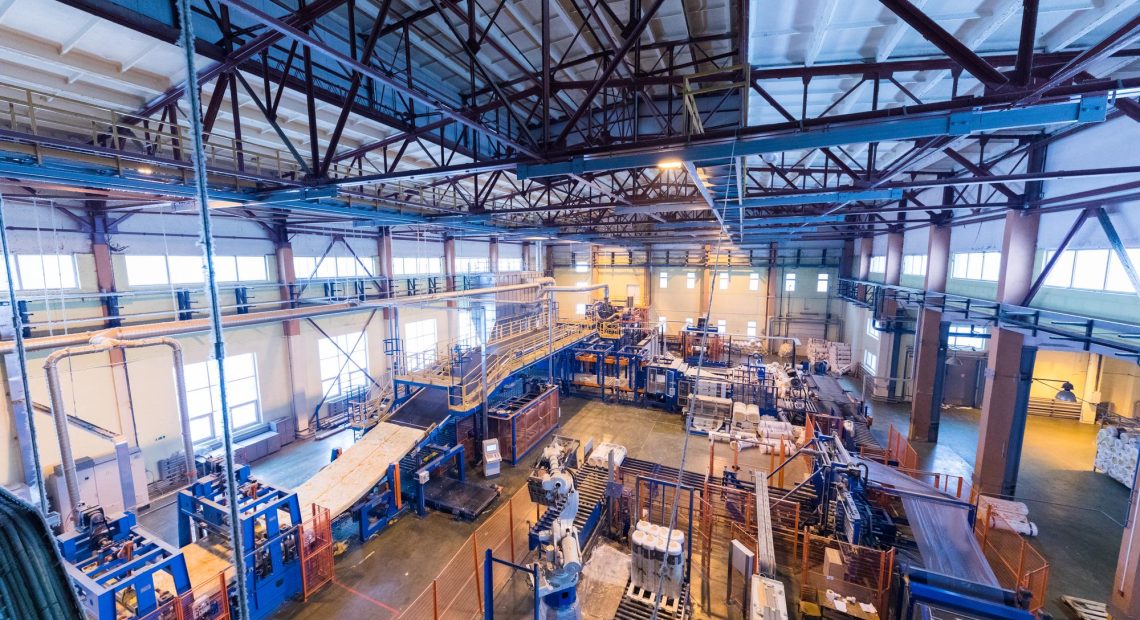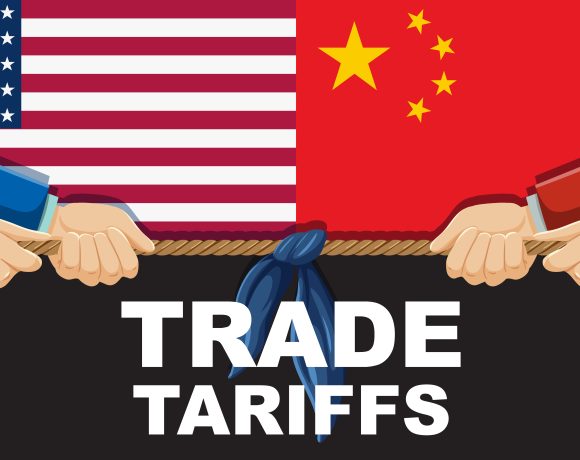
UK and EU Set to Reset Trade and Defence Ties
In a landmark diplomatic development, the United Kingdom and the European Union are preparing to reset their fractured post-Brexit relationship through renewed trade and defence cooperation. The proposed agreements reflect mutual recognition of growing geopolitical uncertainties and a shared desire for stability and collaboration.
Trade Reboot to Ease Border Tensions
A key part of the upcoming reset includes easing post-Brexit trade restrictions. The UK aims to reduce border checks and streamline documentation, particularly for food and agricultural products, which have been significantly affected by new customs rules. In return, Britain is likely to consent to a limited youth mobility scheme that would allow easier travel and work opportunities for young people across both sides of the Channel.
British travellers may also benefit from improved access to fast-track e-gates at EU airports, enhancing convenience and restoring smoother movement reminiscent of pre-Brexit times.
Defence Pact to Rejoin European Security Framework
Equally crucial to the reset is a proposed defence and security pact. The agreement would enable British defence firms to participate in the EU’s €150 billion rearmament initiative—an unprecedented move since Brexit. This defence realignment reflects both parties’ desire to bolster collective capabilities in light of shifting global threats, including tensions in Eastern Europe, the Middle East, and the Indo-Pacific.
Such participation would mark a significant step for the UK, potentially re-integrating parts of its industrial base with EU defence supply chains, especially as both parties seek to reduce dependency on foreign military imports.
Political Backlash and Diplomatic Optimism
UK Prime Minister Keir Starmer has openly advocated for a “pragmatic partnership” with the EU, though his position has invited criticism from hardline Brexiteers. Critics argue that the proposed deals undermine the 2016 referendum, but Starmer has maintained that adapting to global realities demands renewed cooperation.
High-level negotiations continued through the weekend. European Commission President Ursula von der Leyen and European Council President Antonio Costa are expected in London for final discussions. While there is optimism, an EU official noted cautiously that “nothing is agreed until everything is agreed.”
If successful, the reset could mark a turning point in UK-EU relations—one that balances sovereignty with practical cooperation.

















